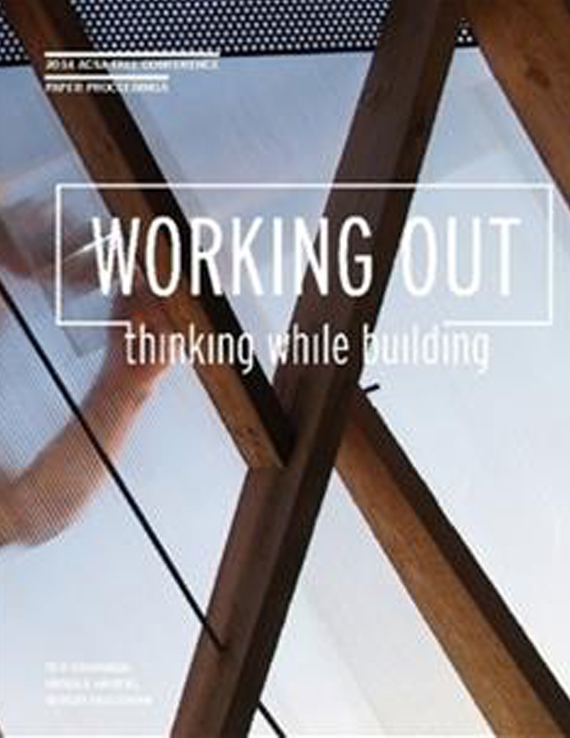Author(s): David Dewane
This paper examines the theoretical framework for a futuristic library developed for Accra, Ghana, which is currently moving from design to construction. The project is an unapologetic agent of globalism that captures and embraces the speed and tangled complexity of the African metropolitan condition in the 21st century. The architectural tactics of our team combines the efficiency, speed, and glamor of prefabrication with the grit, flavor, and resilience of adaptive reuse. The project has gone through a prolonged period of incubation, including rigorous academic interrogation; professional documentation in architecture and MEP systems; and creation of a business model that strategizes for locally sensitive scaling-up. Indeed, the library in this case is understood – as it has been historically – as a physical and psychological entity formed by culture within a social landscape. A generic sandbox of tools and opportunity dropped into one of the most protean environments on earth: the African street. The project’s ambition is to be experimental and provocative. Providing a library with unprecedented quality of access to the global pool on knowledge is the starting point. The project will only prove successful if it hurdles past access and moves into the more mysterious and fantastic realm of production. Is it possible for a library to open empty and auto-construct a collection? Can generating local content for a local audience be profitable and ethical? How can architecture achieve this? How can physical space transcend the functional in favor of the performative?We have begun down the path. The planning is done and construction will begin on campus this summer and ship to Ghana in the fall, where our prefabricated component will be mashed-up with a former nightclub, flipping an old piece of the city fabric with a new opportunity for the collection, storing, sharing and generation of knowledge .
Volume Editors
Sergio Palleroni, Ted Cavanagh & Ursula Hartig
ISBN
978-0-935502-94-7

 Study Architecture
Study Architecture  ProPEL
ProPEL 
